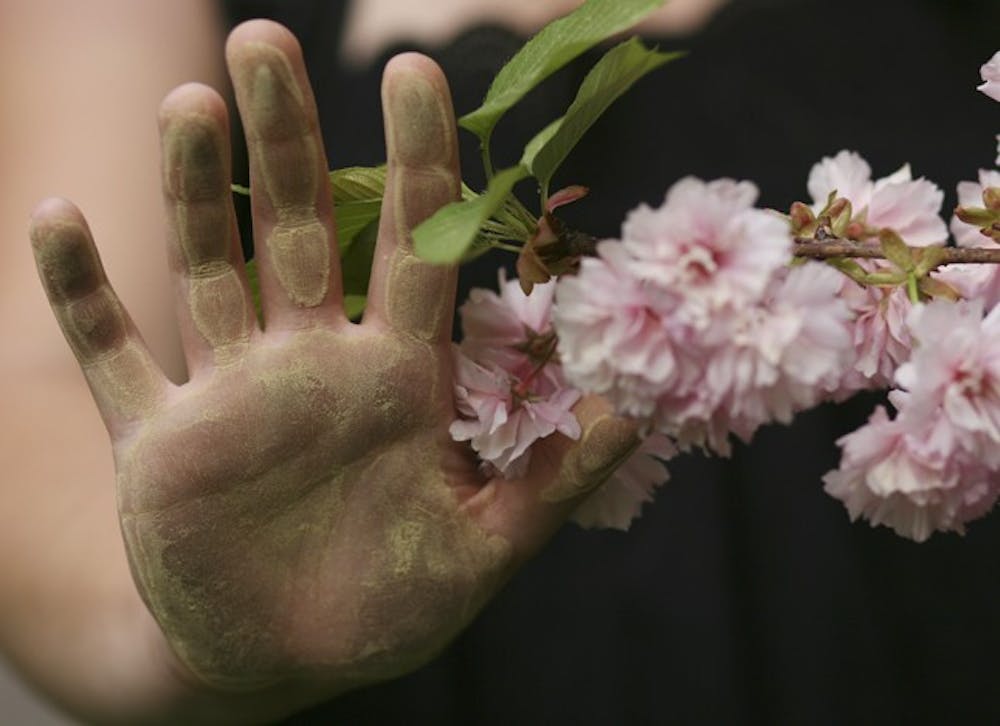By late March and early April, snow has usually stopped falling in Chapel Hill. But the spring sun brings other flurries to UNC’s campus: tree pollen.
Pollen season causes students to sniffle, professors to cancel class and local pharmacies to experience a significant sales increase.
John Woodard, the owner and pharmacist of Sutton’s Drug Store, said that sales of over-the-counter and prescription allergy medicine increase by 50 to 60 percent during spring allergy season.
This is the biggest increase in antihistamine sales the store experiences all year, he said.
Woodard said he began noticing the increase about two weeks ago, coinciding with rising temperatures. Sales have slowed down this week due to unseasonably cold temperatures, but he expects them to pick back up again soon and remain high until early June.
Dr. Maya Jerath, clinical director of the UNC Allergy and Immunology Clinic, said doctors think tree pollen allergies are the most common type because allergists report an increase in patients in the spring when trees pollinate.
Jerath said she estimates between 20 and 30 percent of people worldwide suffer from pollen allergies.
“In this area it might possibly even be a little higher, just because we have so much pollen,” Jerath said. “It’s a beautiful part of the country to live in, but we have an abundance of tree species that generate pollen, and spring is long.”
Jerath said tree pollen causes the worst eye and nasal symptoms because antibodies, only present in some people, trigger chemical histamines in the eyes, nose, skin and airways.



